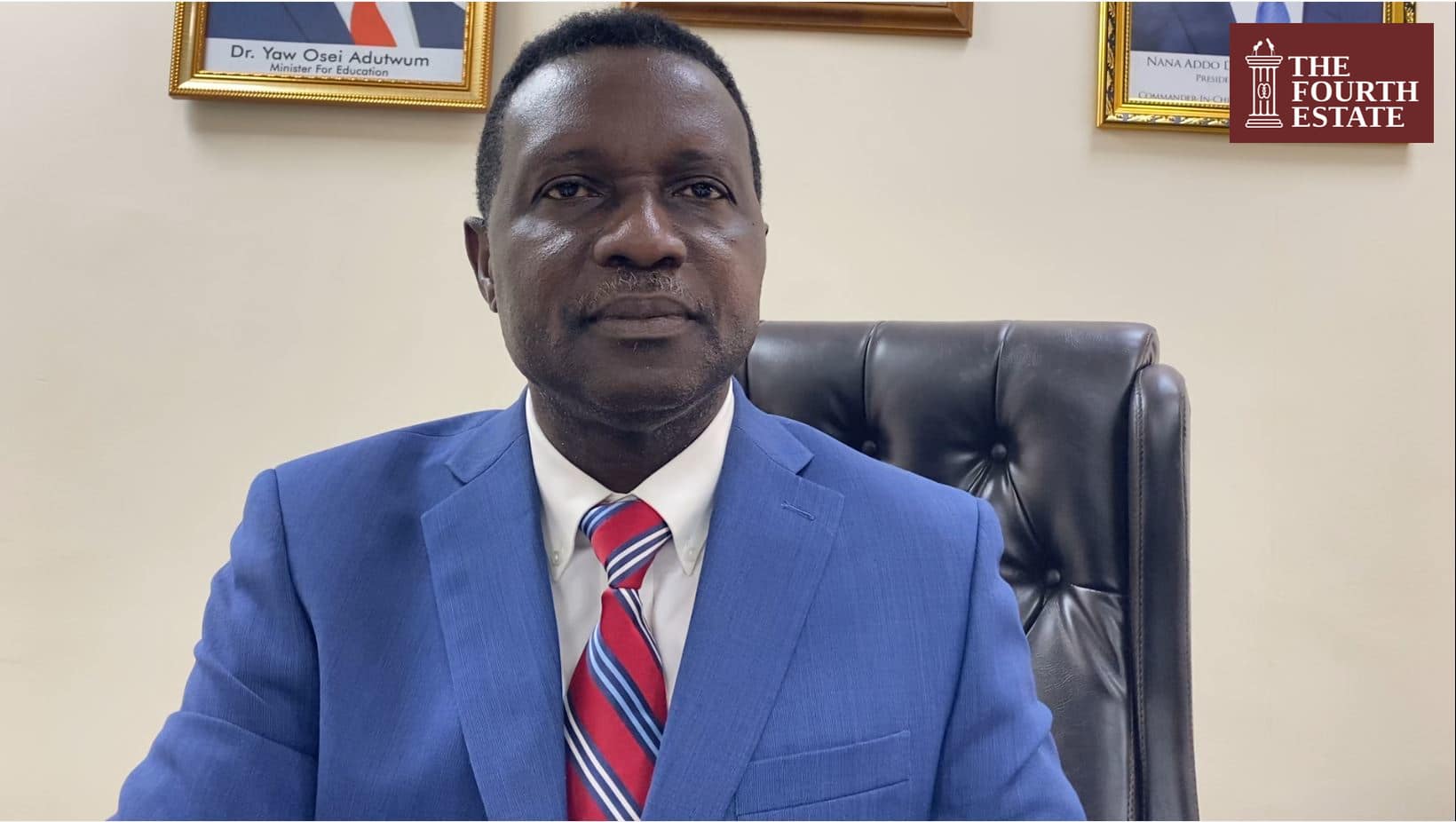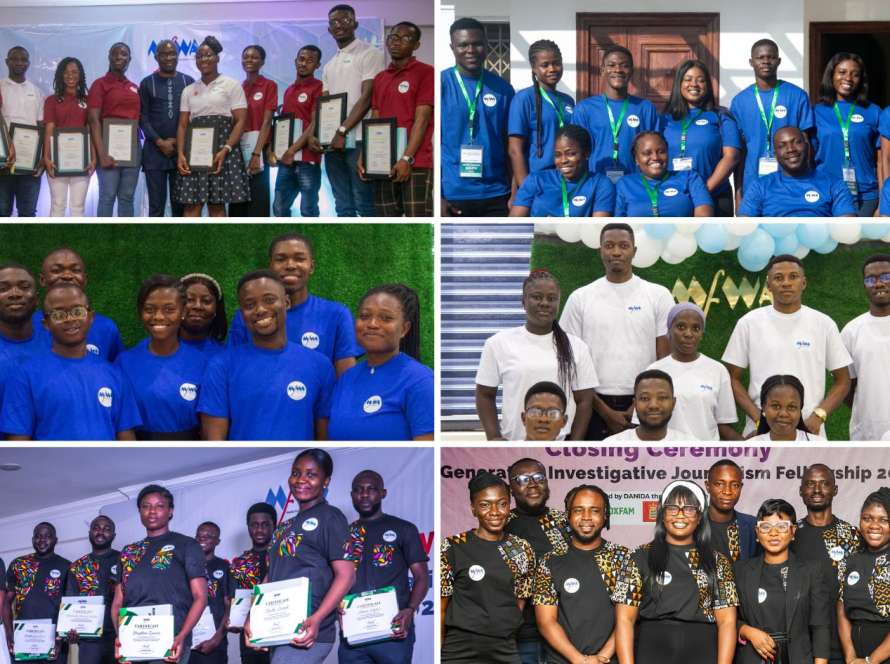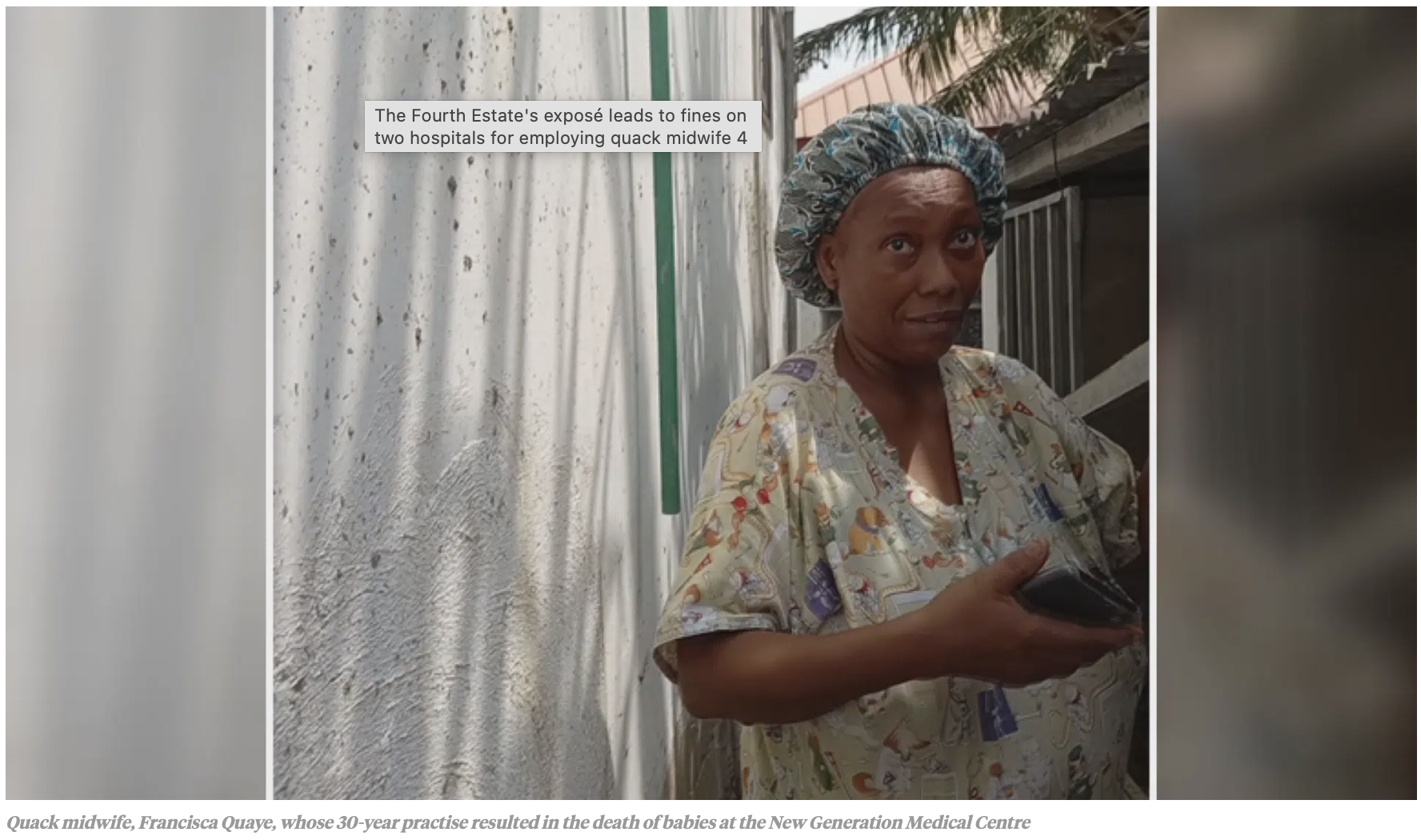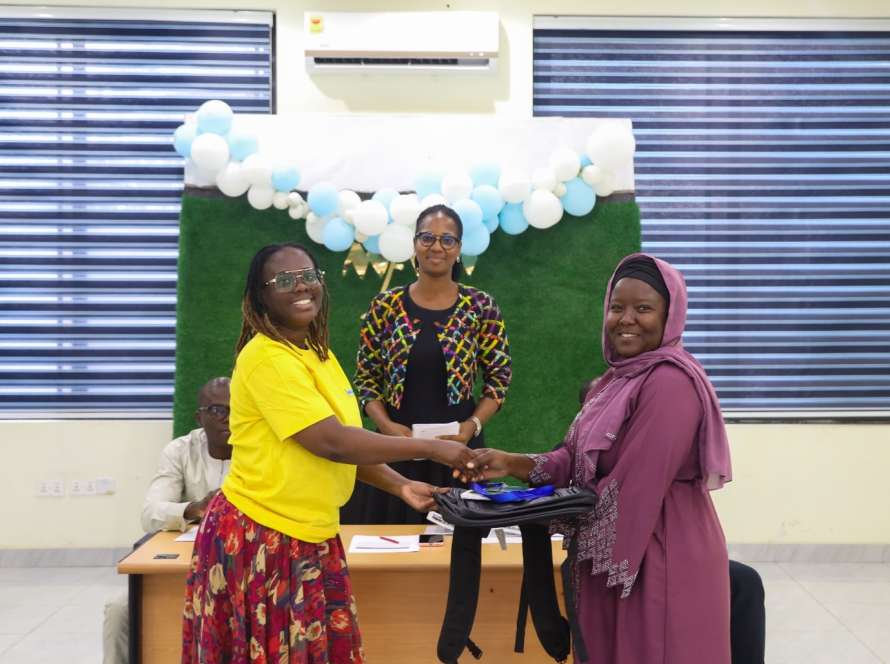Eight persons have been arrested while Ghana’s Minister of Education, Dr. Yaw Osei-Adutwum, has been summoned by Parliament in what could be the beginning of a public probe into school placement corruption.
The arrests and summon are fallouts from a running story by The Fourth Estate, MFWA’s accountability journalism project, which has uncovered the activities of a cabal of fraudsters who are able to place students on Ghana’s computerised school placement platform.
After hitting the headlines, other revelations have been emerging as the story goes viral. These include indications that the fraudsters may have gained access to the computerised school placement platform through the Minister of Education.
Dr. Adutwum is expected to appear before the Education Committee of the august House on Thursday, February 2, 2023.
It is expected that he will be asked to explain how a ring of fraudsters, who are neither official staff of the Ministry of Education nor any of its agencies, gained access to the computerized school placement platform of the Ministry to place students.
Even more poignantly, he will be expected to address suspicions that he was conspiratorial in the school placement fraud which is now dominating news headlines as the story unfolds into a major scandal.
The Fourth Estate investigations
Dr. Adutwum, along with former Director General of the Ghana Education Service, Prof. Kwasi Opoku-Amankwa, became a person of interest after The Fourth Estate had published the story – ‘School Placement Fraud: Education Minister and I should take responsibility – Fmr. Director-General.’
That story was a fallout from a series that blew the lid off the activities of a cartel of fraudsters who somehow are able to access and manipulate Ghana’s Computerised School Selection and Placement System (CSSPS) to place new junior high school graduates into Senior high schools of their choice (usually category A schools).
These fraudsters perpetrate these manipulations at backhander prices that can be as high as Ghc20, 000 per placement. Their fraudulent activities basically defeat the entire purpose of the CSSPS which was set up by government to ensure that second-cycle school placement is merit-based.
What is interesting is that to ensure that there is integrity to the operation of the CSSPS, only the Minister of Education and the Director General of the Ghana Education Service are given access to the password to category A schools.
These fraudsters being able to manipulate the system implies that they have access to passwords to the platform which they then use to access it and carry out their fraudulent activities.
Otherwise, the suggestion is that some government appointees may have allowed these fraudsters to use placement quotas that are allotted to them to perpetrate the fraud in exchange for money.
The Education Ministry on Wednesday, February 1, released a statement saying it would respond very soon.
Impactful story
Initially, The Fourth Estate’s investigative story announcing the fraud had led to the arrest of eight suspects who have since been put before court. But these arrests and ongoing prosecutions have not explained how the fraudsters managed to access the CSSPS platform when only the Education Minister and the head of the Education Service have the password to the system.
Prof. Kwasi Opoku-Amankwa, the former Ghana Education Service (GES) Director General who was in office when the fraud occurred, has denied wrongdoing and is said to have invited the Police to investigate the matter before he was suddenly removed from office.
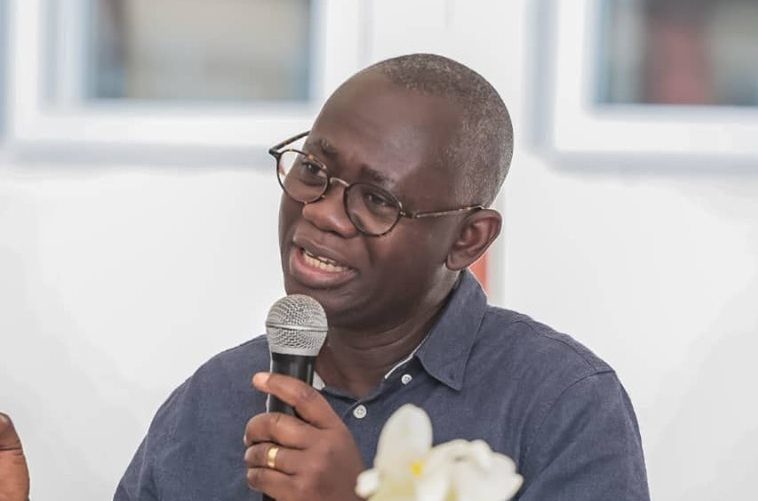
Apparently, he is still ready and eager to cooperate with investigators if only investigations will be carried out. This has left the Education Minister really smelling with suspicion.
Media fodder
Now a running story, the investigative piece which is both in written and video documentary formats has been dominating news headlines across the country. At least 15 media outlets, including all the major national television and radio stations, and major newspaper publications, have featured the story either in whole or reported it from angles of interest to them.
State broadcaster, Ghana Broadcasting Corporation (GBC), which has nationwide coverage, has featured the story in main bulletins on both its television outlet, GTV, and main radio outlet, GBC Radio.
Also, Accra-based JoyNews has published aspects of the story including the arrest of the eight suspects who have since been standing trial for accessing the CSSPS platform to fraudulently place students.
Other media outlets which have featured the running story are 3FM, Adom FM, Metro TV, Plus FM, Asaase Radio, Peace FM, Angel FM and Neat FM all based in the Greater Accra region.
Kumasi-based Akoma FM, Takoradi-based Connect FM and Keta-based Jubilee Radio have also featured the story in major bulletins.
Meanwhile, national broadsheet, Daily Graphic, Ghana’s biggest private newspaper, Daily Guide, along with Lumen Christie, a publication of the Catholic Church and private newspaper, The Anchor, have all published aspects of the story.
All titles in the running story have also been published on the website of The Fourth Estate where other impactful stories of the past are available to read free of charge.
Call for Reform
The story has also led to a call for reform in the country’s school selection and placement system.
Member of Parliament for North Tongu in the Volta Region, Mr. Okudzeto Ablakwa, called for the abolishment of the protocol system while speaking to the issues that the story has raised on Accra- based JoyNews’ AM Show.
“There is absolutely no reason that this should happen. When we [NDC] were at the Ministry, we announced no protocol and Professor Naana Jane Opoku Agyeman was very passionate about it.
“When you create protocol systems that is where it leads to. We must abolish protocol and let everything be based on merit. Remove the window for human interface. We say we are doing a computerised system, so let it be computerised,” Mr. Ablakwa said.
About The Fourth Estate
The Fourth Estate is a non-profit, public interest and accountability investigative journalism project of the Media Foundation for West Africa (MFWA) which aims to promote independent and critical research-based journalism that holds those in power answerable to the people they govern.
It focuses on the fight against corruption, especially in the public sector.
The project, which is based in Ghana, prioritises quality investigative and in-depth reporting in the areas of governance, environment, health and human rights. We aim to promote transparency, accountability and due process in these areas through independent, in-depth journalism.
It also routinely highlights critical issues affecting people’s lives, shape public policy, empower people and restore public trust and confidence in journalism.



